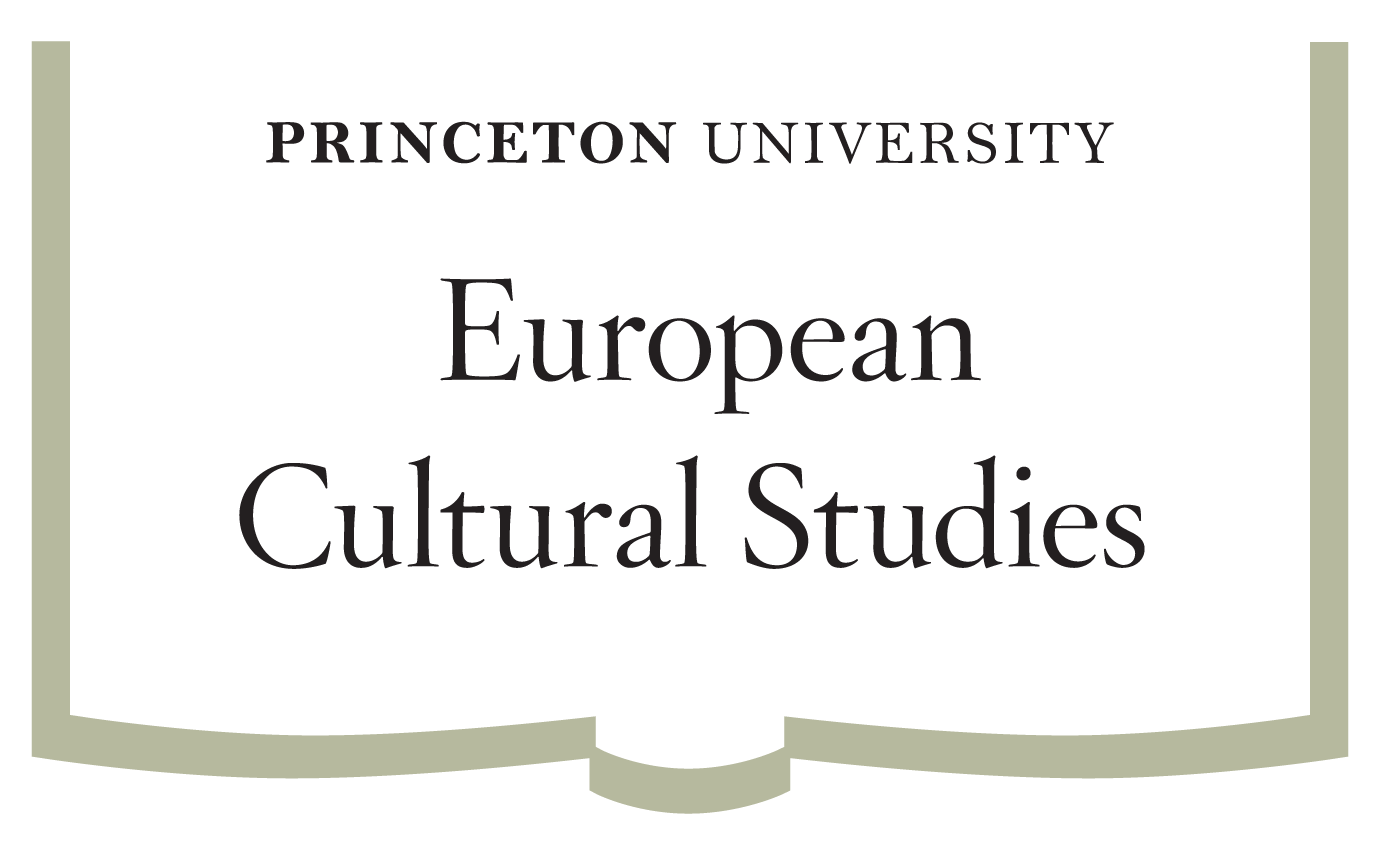Eberhard L. Faber Class of 1915 Memorial Lecture and Colloquium
Each year, the Program in European Cultural Studies invites a distinguished scholar of European culture and society to Princeton for a two-day visit. The scholar delivers the program’s most prestigious public lecture, the Eberhard L. Faber Class of 1915 Memorial Lecture in European Cultural Studies, and also participates in a colloquium over a meal with students. Participation in an Eberhard L. Faber Class of 1915 Memorial Lecture and Colloquium is required for the ECS certificate, and can be used to fulfill the lecture requirement for the European Studies Minor. Students are encouraged to fulfill this requirement during their junior year.
Lectures are supported by the Eberhard L. Faber 1915 Memorial Fund in the Humanities Council.
Past ECS Faber Lectures:
- Londa Schiebinger (Stanford University), “From The Mind has No Sex? to Gendered Innovations: A Historian’s Contribution to Enhancing Excellence in Science & Technology” (September 27, 2023) poster
- Esra Akcan (Cornell University), “Partitions of Europe and Healing Spaces of Expulsion” (November 21, 2022) poster
- Brent Hayes Edwards (Columbia University), “Clipping in and out of the Trenches: Black Radicalism and the Archive” (March 3, 2022)
- Suzanne Marchand (Louisiana State University), “The Porcelain Industry Confronts the Vulgar Question of Money: Towards a New Prehistory of Industrialization in the German States, 1780-1840” (March 2, 2021) poster
- Sophia Rosenfeld (University of Pennsylvania), “The Waltz, the Cotillon, and the Hazards of Choice” (October 14, 2019) poster
- Francesca Trivellato (Institute for Advanced Study), “Renaissance Florence and the Origins of Capitalism: From Burckhardt to the Digital Humanities” (February 12, 2019) poster
- Maurice Samuels (Yale University), ” Dress Rehearsal for Dreyfus: the Duchesse de Berry, Simon Deutz, and Modern France’s First Antisemitic Affair” (March 26, 2018) poster
- Mary Favret (Johns Hopkins University), “Coefficients of Disaster” (November 9, 2016) poster
- John Hamilton (Harvard University), “Emily Dickinson and the Word made Flesh” (October 25, 2015) poster
- Thomas W. Laqueur (University of California, Berkeley), “Why Do We Care About Dead Bodies?” (February 26, 2015) poster
- Dominick LaCapra (Cornell University), “What Use is the Humanities?” (November 21, 2013) poster
- Carolyn Abbate (Harvard University), “Tristan, Isolde and the Soundtrack” (April 2013) poster
- Christopher Wood (Yale University), “The Uninvited” (December 2011) poster
- Jonathan Lear (University of Chicago), “Irony and the Freudian Uncanny” (December 2010) poster
- Robert Darnton (Harvard University), “The Devil in the Holy Water, or the Art of Slander in Eighteenth-Century France” (October 2009) poster
- Ewa Lajer-Burcharth (Harvard University), “Cruel Chardin” (April 2009) poster
- Andreas Huyssen (Columbia University), “Figures of Memory in the Course of Time: German Painting 1946-89” (April 2008) poster
- John Durham Peters (University of Iowa), “Media, Madness, and Modern Communication Breakdown” (March 2006) poster
- Martin Jay (UCLA/Institute for Advanced Study), “Somaesthetics and Democracy: John Dewey and Body Art” (2002)
- Michael J. Roth (The Getty Research Institute for the History of Art and the Humanities), “Making an Exhibition Historical ‘Freud: Conflict and Culture'” (1999)
- Anne Goldgar (Kings College, London), “The British Museum and the Virtual Representation of Culture in the Eighteenth Century” (1998)
- Andrey Zorin (Moscow State University and The Academy of Sciences), “The Semiotics of Everyday Life: New Approaches to Literature and History of Russia” (1995)
- Paul Robinson (Stanford University), “The Opera Queen: A Voice from the Closet” (1994)
- Carlo Ginzburg (UCLA), “The Philosopher and Witches” (1990)












